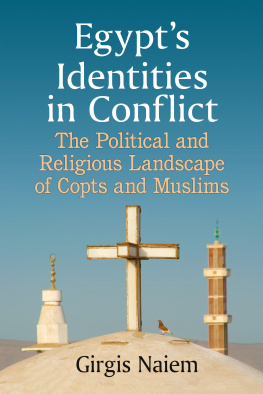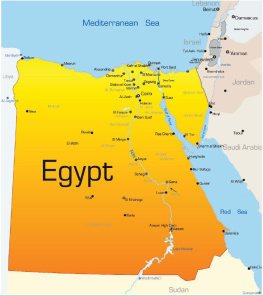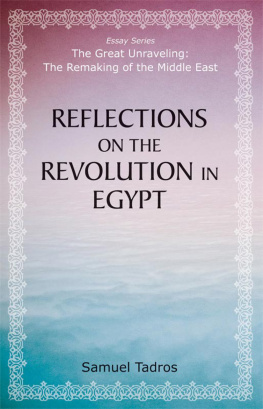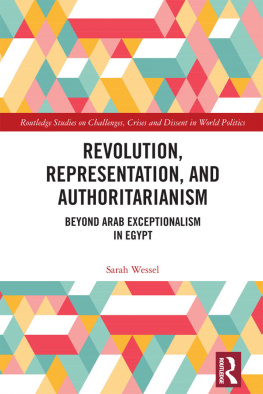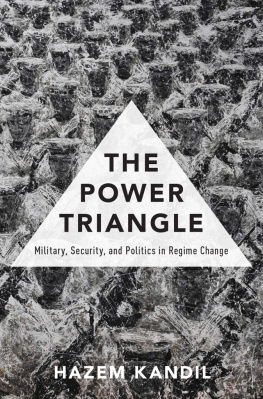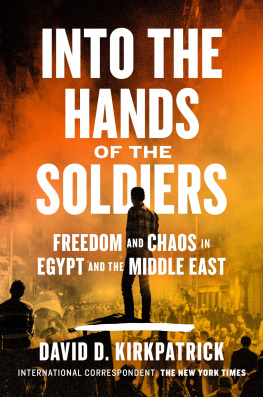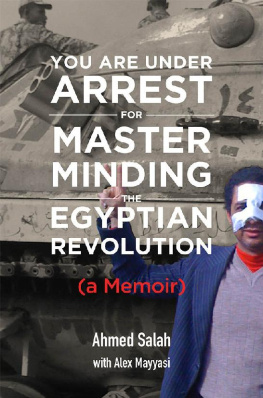Robert Fisk on Egypt:
A Revolution Betrayed
Robert Fisk
Published by Independent Print Limited
Copyright Independent Print Limited 2014
The Author asserts the moral right to be identified as the author of this work
All rights reserved.
No part of this publication may be reproduced, stored in a retrieval system, or transmitted, in any form or by any means, electronic, mechanical, photocopying, recording or otherwise, without the prior permission of the publishers.
Robert Fisk
on
Egypt:
A Revolution Betrayed
More than any other nation, Egypt epitomises the cruel disappointments of the Arab Spring. In less than four years, its people have come full circle. A sclerotic, cynical, seemingly immovable military regime, disguised by a fig-leaf of ostensible representation, was swept away on a joyous tsunami of popular idealism; a corrupt dictator was ousted, tried and jailed; free elections were held, a new president peacefully installed, and a new age of freedom and democracy seemed genuinely possible.
Then, with tragic predictability, the new regime degenerated. Corruption, incompetence and repression provoked a counter-revolution; the elected president was ousted and jailed, his supporters massacred or rounded up. The old dictator was freed (for a while), the opposition was outlawed, the faceless men of the military resumed and tightened their grip on the reins of power and thousands of ordinary Egyptians were left wondering what all their suffering and sacrifice had been for.
No commentator is better qualified to tell this tragic tale than Robert Fisk, unflinching critic of the Mubarak regime and acclaimed chronicler of Middle-Eastern affairs for The Independent for 25 years. This powerful anthology of his journalism describes the full cycle of Egypts awakening and relapse, episode by episode, as it happened from the first stirrings of unrest to the glorious dawn of Tahrir Square, and the days of shame and atrocity that followed.
Told with rare insight into both Egyptian culture and the hypocrisy of the West, this is history at its most compelling, written by one of the very greatest commentators on the Arab world.
2010
5th March 2010
MUBARAKS CHALLENGER CANT RELY ON A FAIR RACE
WHAT KEEPS old men in power in Egypt? And what keeps middle-aged men wanting power in a country whose crippled society, increasing sectarianism, brutal police force and endemic corruption is only compounded by an electoral system widely regarded as a fraud? Most Egyptians don't think that President Hosni Mubarak is immortal, even though he still reigns supreme at the age of 81. Even the pharaohs believed they would live on only in the next world.
But now the former head of the UN's nuclear agency, Mohamed El-Baradei, says that if there's a fair election next year, he might stand for president. "If" is a big word in Egyptian politics, however, and the saintly El-Baradei shows no sign of appreciating just how tough are his chances. He has called for changes in the Egyptian constitution and an end to emergency laws. But even he must realise that Hosni Mubarak will not be shaking in his shoes at this news.
The real problem, of course, is not El-Baradei's chances - pretty much nil - but Mubarak's age. Both the president and his son, Gamal, deny that Gamal wants to be president, but the son's steady ascent in Egyptian political life suggests otherwise. If he did inherit his father's throne, of course, there would be a second caliphate in the Arab world - the other being Syria, where Bashar al-Assad took over after his father's death and some deft switching of Baath Party rules.
Omar Sulieman, Mubarak's senior intelligence man - he is also involved in the constant negotiations with Hamas over the future of Gaza - has never publicly expressed interest in the presidency. Besides he suffers heart problems. Meanwhile in interviews with news agencies over the past week, El-Baradei has been waffling about Egypt's youth and the internet as organs of change. Indeed, his new coalition is called the National Front for Change. "People are talking about all sorts of things and they might go to civil disobedience if there is no change," he said. But when the opposition "Enough!" movement could not get enough support from youth in the streets of Cairo - some of its female members were assaulted by plain-clothes police officers - what chance does El-Baradei have? The internet is watched closely by the security cops, and El-Baradei is going to get no support from the likes of Barack Obama.
Many Egyptian intellectuals now suspect that the corrupted old Egyptian governments are partly responsible for the increasingly sectarian nature of disputes between Muslims and Egyptian Copts - always presented by the government, of course, as domestic disputes which have nothing to do with religion. But the alienation of the Christians and the increasingly "Islamicisation" of the country has got a lot to do with it.
The police force is virtually outside the law, and routine state violence is now accepted as a fact of life - or death. Indeed, the killing of 60 economic migrants by Egyptian police since 2007 - they were seeking to cross the border into Israel - has simply gone unreported.
Osama al-Ghazali Harb, editor of the monthly Al-Siyassa al-Sawliyya (published by Al-Ahram), traces the sectarian tensions right back to the 1952 military coup, when members of the Egyptian Free Officers had close links with the Muslim Brotherhood. All the coup officers were Muslims. He points out that great harm was also done to the Egyptian body politic later when Anwar Sadat described himself as "the Muslim president of a Muslim state".
But El-Baradei has other problems. Some opposition politicians in Egypt believe that he did not do enough to prevent the US invasion of Iraq, accuse him of wanting to play Hamid Karzai in a new pro-American Egypt, and even suggest that there should be a mock trial of the Nobel Prize winner for his failure to stop the American occupation of Iraq. Egyptian politics is an unkind sport.
El-Baradei says he is trying to make the connection between economic and social development and political reform, and that "if you move into a democratic system, everything else will fall into place". But why should the Mubarak father-and-son team try to change the system?
The previous contender for Mubarak's job, Ayman Nour, was imprisoned after the 2005 election for forgery, a charge which he said was fraudulent. It might be more difficult to lock up Mohamed El-Baradei. But he's likely to find "democracy" in Egypt a more daunting task than keeping his eye on Iran.
24th August 2010
EGYPTIANS PREPARE FOR LIFE AFTER MUBARAK
SO HERE comes the latest Egyptian joke about 82-year-old President Hosni Mubarak. The president, a keen squash player - how else could he keep his jet-black hair? - calls up the sheikh of Al-Azhar, the highest Sunni Muslim cleric in the land, to ask if there are squash courts in heaven. The sheikh asks for a couple of days to consult the Almighty. Two days later, he calls Mr Mubarak back. "There's good news and bad news," he says. Give me the good news, snaps Mr Mubarak. "Well," says the sheikh, "there are lots of squash courts in heaven." And the bad news, asks the president? "You have a match there in two weeks' time!"
The fact that the intelligence services ignore the usual suspects when this sort of joke is made does not signify a new freedom of speech or - dare one say it - a new democracy in Egypt. The truth is that the president, in poor health since a gall bladder operation in Germany, is a very old man who has no appointed successor and whose imminent demise is the only story in town, told with that familiar vein of cruel humour in which Egyptians are rivalled only by the Lebanese. The days when Mr Mubarak was called "La vache qui rit" (the cow who smiles) - the Egyptians know the joke in its French form - are gone.


